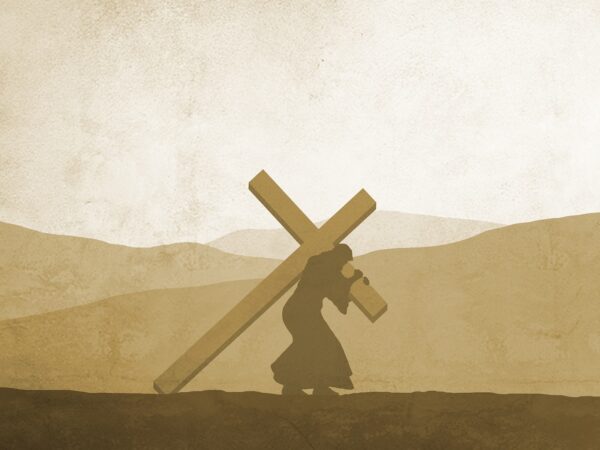
Access to the sacrament of the Eucharist has been weaponized against all those the church deems unworthy, immoral, or in sin. The sacrament that was meant to be a way of knowing and encountering the risen Christ through breaking and sharing of bread has been made into its opposite.

The unity embodied in this psalm is idealistic, imaginative, and radical, embodying fluidity. It disrupts the exclusivist notion of nationalism common in its contemporary literature and embraces unity, which is symbolized as inherently good and pleasant.

In a world of increasing anti-Jewish sentiments, we do well to note at whom Jesus points a finger. It’s not at Judaism, it’s at Rome.

Yet this “good news” – profoundly strange, even apparently morbid – promises that, in relinquishing our supereminent concern for the self, pursuing instead the way of peace and justice, we become so free that even a violent end may be an expression of an ultimately joyful reception of the gift of life – that is, it may be the way to save a life.

A political theology of the transfiguration of Jesus has to expose and transgress the elevation of whiteness as divine, as a norm and as something superior to multi-coloured local expressions of faith. It also calls us to celebrate the mystery of transfiguration as trans-figuration of the body ethic of Jesus and of all humanity.






